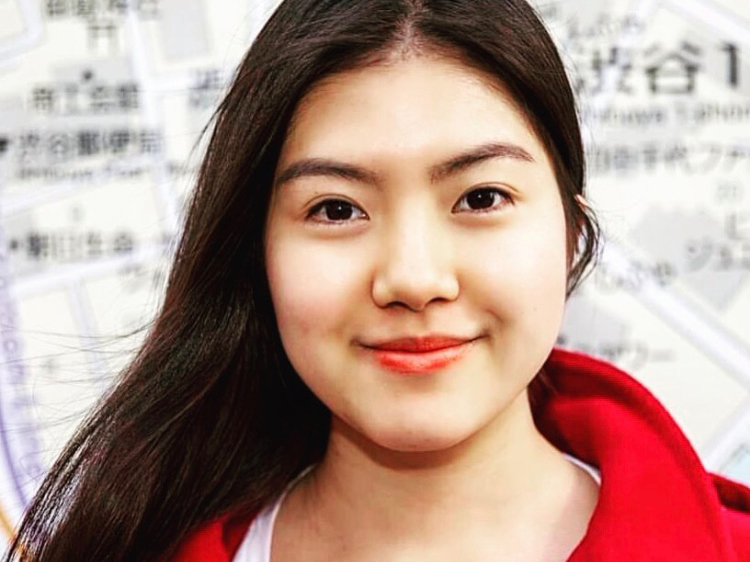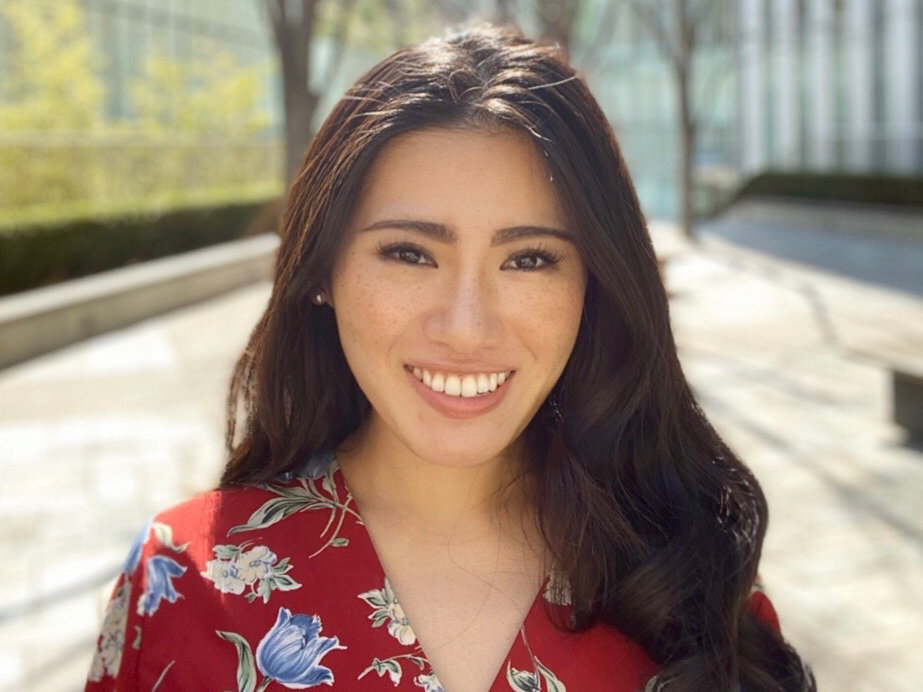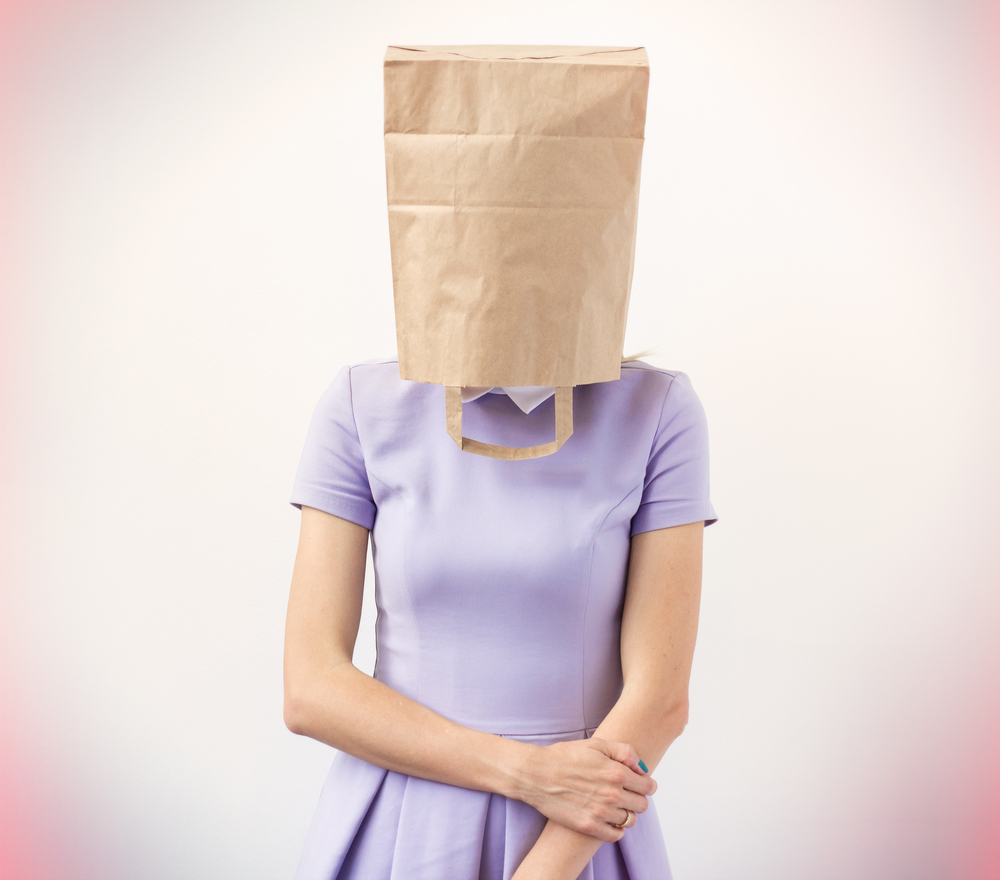We can slowly start seeing the waves change in the fight to end period poverty. The UK recently agreed to abolish the ‘’tampon tax’’ (VAT imposed on non-essential items) and Scotland has approved a bill that would make sanitary products free for everyone. Many countries including India, Australia, Kenya and Canada, have reduced or eradicated the tax, but Japan has yet to do so. Why the hesitation?
If you enter a store in Japan and buy sanitary products, they will more than likely be put into an opaque bag to conceal them. In this common occurrence lies the issue; what exactly am I meant to be hiding?

Marina Yoshimura
Raising Awareness
PERIOD is a global activist group founded in 2014 by Nadya Okamoto and Vincent Forand. It is behind the campaigns Free the Period and US National Period Day 2019 and is spreading awareness in order to stop menstrual stigma.
I interviewed both Marina Yoshimura and Manari Osaki of the Tokyo chapter who are trying to combat the inherent shame and embarrassment built into Japanese society. They want to reshape people’s thoughts and raise awareness on the subject.
‘’Periods are a financial, social and human rights issue,” says Yoshimura, the Tokyo group’s president. “My hope is that the movement will raise awareness of periods and bring us closer to period justice: no tampon tax, more period products available tax-free – or better yet, for free – and more understanding of periods among all genders and generations.”
By visiting and giving talks at local schools they hope to change views, especially amongst the younger and more receptive generation. Though, even this provides a challenge with teachers still excluding male students from the discussion, highlighting a lack of institutional support.
“The closer I look into menstruation in Japan the more I noticed how the society has created a false perception – that periods are embarrassing so it should be hidden, or how it is a ‘female thing,'” says Osaki.
“When I was in elementary school my teacher told me to hide my period pads when I carry them around because it would be embarrassing to be seen by the boys. Comments like this have unconsciously been embedded in our minds that periods should be hidden or are embarrassing.”

Manari Osaki
The Issues in Japan
We have to remember this isn’t just a women’s issue. Not only in the case of public benefits but also in the observation that not every woman experiences a period but some trans-men or non-binary people do. The term “menstruator” has been coined to be inclusive of these differences.
However, we cannot ignore the societal and cultural impact it does have on women. The gender gap in Japan is still sufficiently wide and is shockingly the largest of the developed economies; it ranked 121 out of 153 countries in the World Economic Forum’s 2020 Gender Gap Index.
Well, what does this have to do with tampon tax? The necessary purchase of sanitary products every month creates an added expense for those who have periods, feeding into financial disparity between men and women. There is no comparable item for a man.
Nishida justified the tax by stating that sanitary goods and diapers are “not for everyone”
This is why Yoshimura and Osaki find the words employed by Japanese politician Makoto Nishida of the Komeito party appalling. In 2019, the national consumption tax increased from 8% to 10% with exceptions for food and newspaper subscriptions only. Nishida justified the tax by stating that sanitary goods and diapers are “not for everyone” and so are inapplicable for a reduction.
“Period products being categorized as non-necessity goods clearly lacks the understanding of menstruation,” says Osaki. “Especially by men.”
She is right. Not only is Nishida fundamentally wrong – menstruation is essential for humanity – it seems obvious that while trying to achieve fairness, the Japanese government is essentially achieving the opposite and further widening the gap.
https://www.instagram.com/p/B49eVCFASyV/
What Can I Do?
It seems overwhelming for some, but just a change in everyday actions can help. Last year, Unicharm, a leading feminine products manufacturer, launched the project #NoBagForMe to dispel shame from buying these items. Your first step can simply be saying the words “Fukuro wa irimasen” (I don’t need a bag).
Yoshimura, Osaki and the rest of the team at PERIOD @ Tokyo would love to hear your voice about this issue. They first require awareness if they are to petition politicians to change the tax rate and eventually get period products to those in need.
Follow PERIOD @ Tokyo on Instagram @tokyoperiod
Find more information at period.org
Feature image: Kaspars Grinvalds / Shutterstock.com









